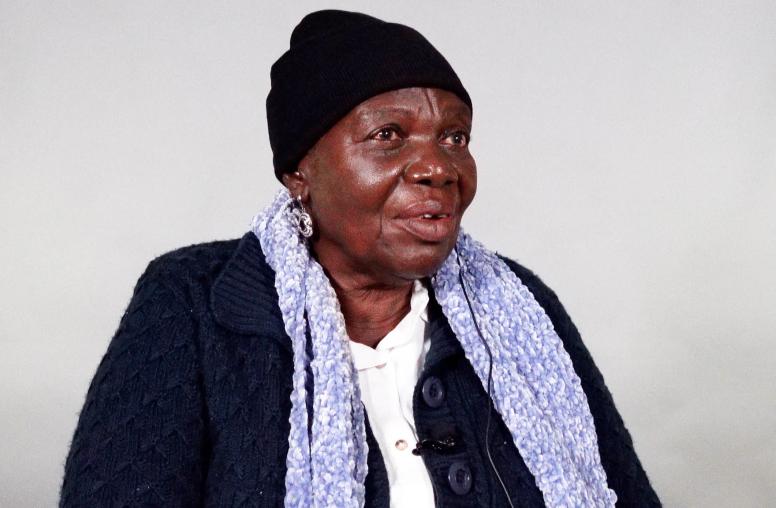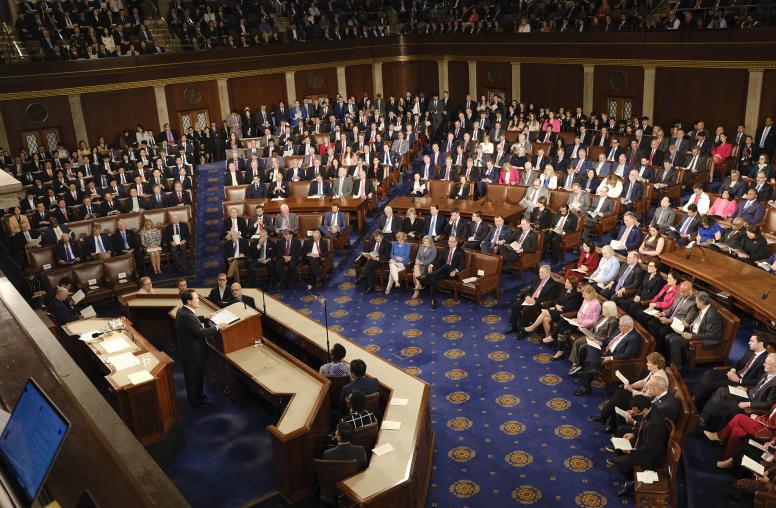Building Peace from the Bottom Up
Postwar Peacebuilding and Local-Level Intervention
Do postwar peacebuilding interventions work to keep peace? How do we measure the effectiveness of such international interventions? Join former USIP Jennings Randolph Senior Fellow Pamina Firchow as she discusses her findings on how to measure the impact of local-level interventions on communities affected by war.
Firchow shows in her book "Reclaiming Everyday Peace: Local Voices in Measurement and Evaluation after War" that efforts by international organizations to implement peacebuilding interventions are often ineffective, overly focused on reconstruction, governance, and development assistance while paying significantly less attention to rebuilding local community relations.
Firchow presents empirical evidence from villages in Uganda and Colombia on local level peacebuilding effectiveness using community generated indicators that reflect how people measure their own everyday peacefulness. Firchow develops a new way of establishing accountability of international and domestic actors to local populations and opening more effective channels of communication among these groups.
Join USIP for a discussion on how the international community can build sustainable peace from the bottom up. Take part in the conversation on Twitter with #LocalPeacebuilding.
Speakers
Kevin Avruch, Opening Remarks
Dean, The School for Conflict Analysis and Resolution, George Mason University
Kathleen Kuehnast, Introduction
Director, Gender Policy and Strategy, U.S. Institute of Peace
Pamina Firchow
Assistant Professor, The School for Conflict Analysis and Resolution, George Mason University
David Connolly
Director, Learning, Evaluation & Research, U.S. Institute of Peace
Roger MacGinty
Professor, School of Government and International Affairs, Durham University, United Kingdom
Anthony Wanis-St. John
Associate Professor, School of International Service, American University



